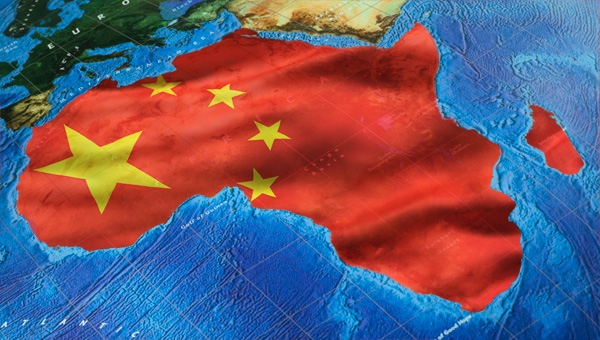
We live in a bipolar world. History has not quite ended even though it’s pretty much accepted that capitalism has triumphed over socialism. But which version of capitalism? There is the free market, democratic approach of most of the western world, with the US as its most visible example. Or there’s the state-dominated version epitomized by China. In Africa, it seems, both approaches are slugging it out for supremacy.
The US, long thought of as the model for democratic governance, is lately losing some of that cachet on the continent, thanks to a lackluster economy, political paralysis, and the threat of government default on its loans. Meanwhile, China’s extraordinary economic transformation—guided by leaders who prize stability and growth over political freedoms—is being seen by some African states as a model for their economies. Tanzania, for example, which is a democracy, speaks admiringly of China’s example. Others go even further, saying that democracy might not be the best approach for development, that for some countries to succeed, discipline is more important than democracy.
Countries like Ethiopia have openly made this case. Meles Zenawi, the country’s late prime minister who is credited with engineering the country’s economic development, once declared “in my view…there is no direct relationship between economic growth and development.” The east African nation boasts one of the fastest growing economies in the world, has built universities which are enrolling thousands of students and recently built the continent’s first urban light rail system.
That doesn’t mean Ethiopia is faring well by other measures. Out of the 54 states measured by the Mo Ibrahim Foundation’s annual governance index (pdf), the country ranked 26th in safety and rule of law, 45th in participation and human rights, 23rd in sustainable economic opportunity and 27th in human development. Overall, Ethiopia ranks 31.
But Ethiopia has other priorities. A “tough leader” who will guarantee stability and build on the country’s impressive economic growth is the leadership’s primary preoccupation.
Now, compare this with South Africa. The continent’s second biggest economy is seeing some economic turbulence. President Jacob Zuma has said the country is “sick” and economists warn it could soon slide into recession. GDP growth came at only 1.5% in 2014 and the IMF is projecting the economy will grow a measly 1.4% this year.
Yet the Mo Ibrahim Foundation’s index ranks South Africa fourth on the continent in governance. Mo Ibrahim, chair of the foundation, argues that African countries need a balanced approach to governance if they are to achieve sustainable prosperity. The fact that a country like Ethiopia is doing well economically but is struggling in other facets should not be a consolation. “Only shared and sustained improvements across all areas of governance will deliver the future that Africans deserve and demand,” he said.
This still fails to answer the challenge that democracy, and western-style capitalism in general, is facing in the region. A recent poll found that despite a majority of Africans believing that they live in democracies, they are nevertheless dissatisfied by them. Put simply, democracy has thus far failed to deliver. And arguing that the system offers the most balanced approach to prosperity won’t help win that argument.
Credit: Quartz Africa







